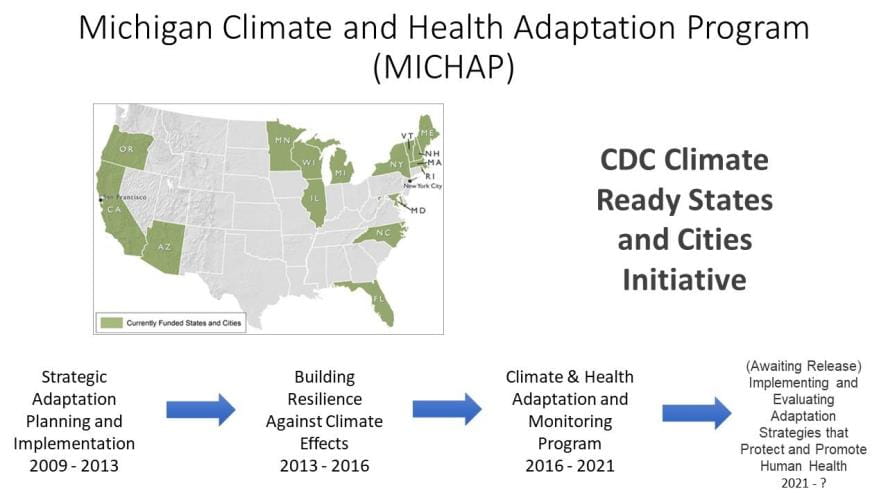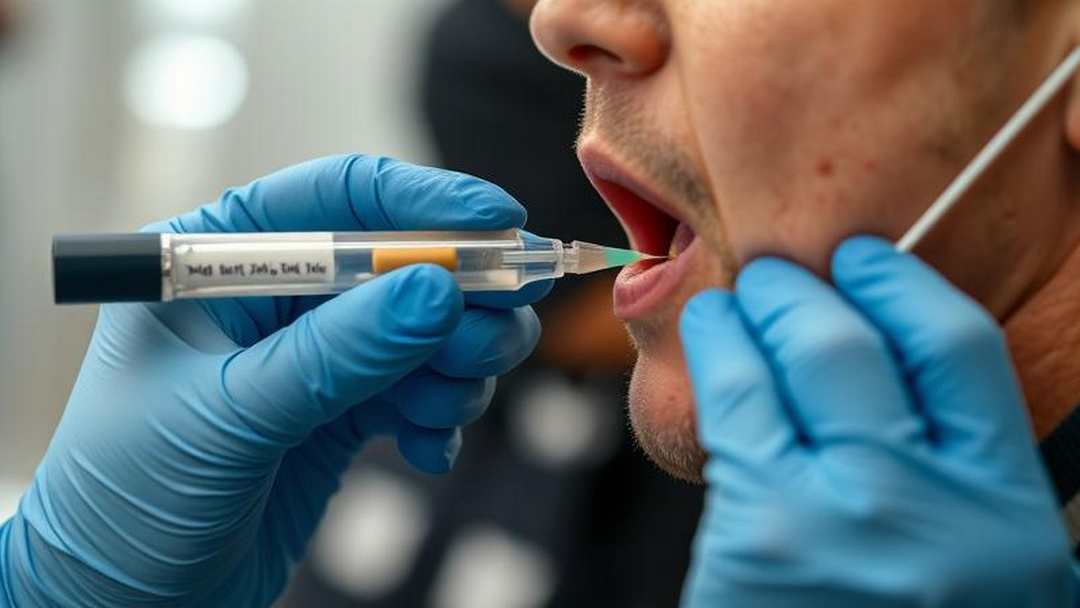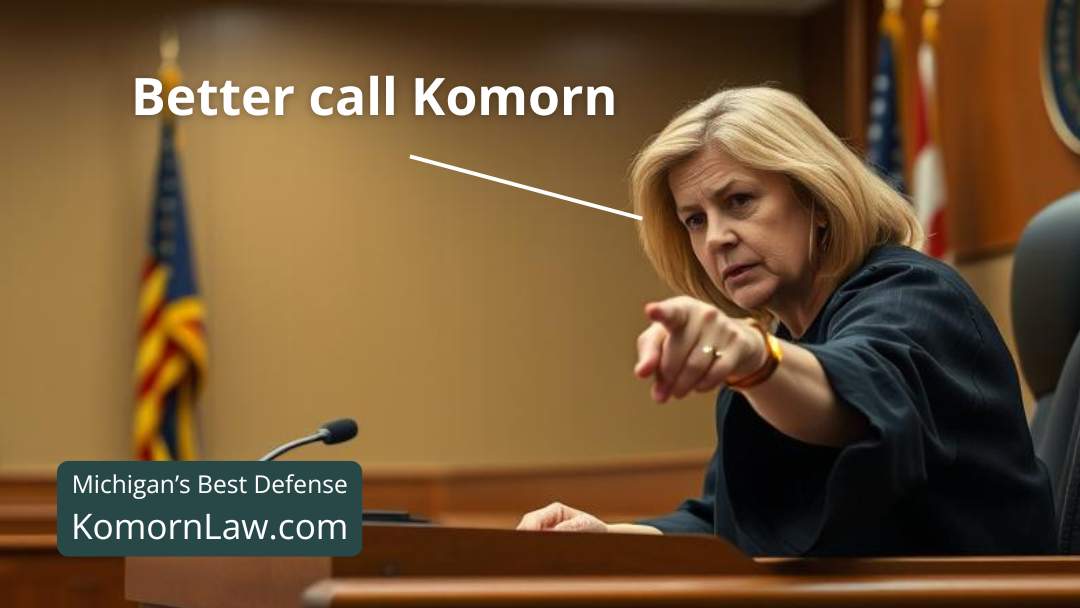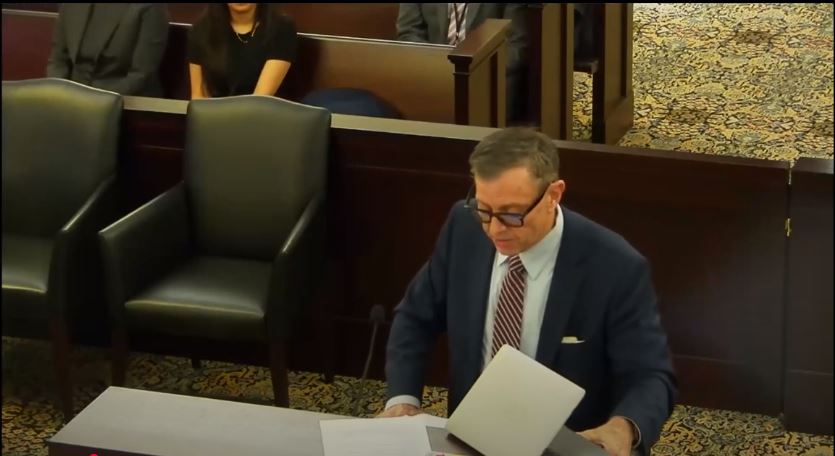Nice Try...This case centered on the disagreement between Cannarbor, Inc., a medical marijuana provisioning center operating in Michigan, and the Michigan Department of Treasury concerning the obligation to collect sales tax on the retail sale of medical marijuana....
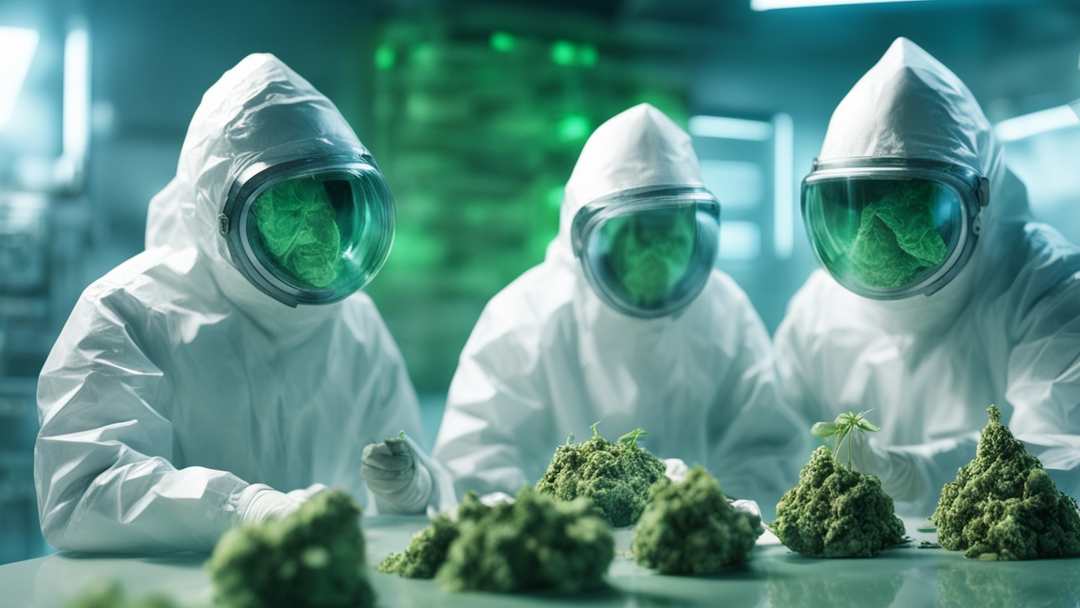
THC Associated with Increase of Survival Time in Palliative Cancer
Summary from the official government website (Link Below)
The Use of Tetrahydrocannabinol Is Associated with an Increase in Survival Time in Palliative Cancer Patients: A Retrospective Multicenter Cohort Study
The study, conducted by researchers in Germany, analyzed data from the palliative treatment documentation of over 9,000 patients from five ambulatory palliative care teams. The researchers divided the patients into three groups: those who did not receive THC, those who received a low dose of THC (less than or equal to 4.7mg per day), and those who received a higher dose of THC (greater than or equal to 4.7mg per day). They then compared survival rates between the groups.
The analysis revealed that THC use was associated with a statistically significant increase in survival time, but only for patients who received a daily dose exceeding the median amount of 4.7mg. In this group, patients lived an average of 15 days longer compared to those who did not receive THC.
APPEALS in STATE or FEDERAL COURT
When you need to appeal a decision you feel is wrong.
Call Komorn Law (248) 357-2550
Key takeaway: This study suggests that THC may offer a survival benefit for ambulatory palliative care patients, but only at higher doses. More research is needed to confirm these findings and to explore the underlying mechanisms.
Additional considerations:
- The study was observational and cannot definitively prove that THC caused the observed increase in survival time. Other factors may have played a role.
- The optimal dosage of THC for palliative care patients is still being investigated.
- THC use can have side effects, and it is important to weigh the potential risks and benefits when considering it as a treatment option.
Further readings:
- For more information on medical cannabis, you can visit the website of the National Institute on Drug Abuse National Institute on Drug Abuse (.gov)
- To learn more about palliative care, you can visit the website of the National Hospice and Palliative Care Organization National Hospice and Palliative Care Organization
Source: NIH
In the FEDERAL COURT SYSTEM
When you need to go on the offense – to put the prosecution on defense
Komorn Law (248) 357-2550.


